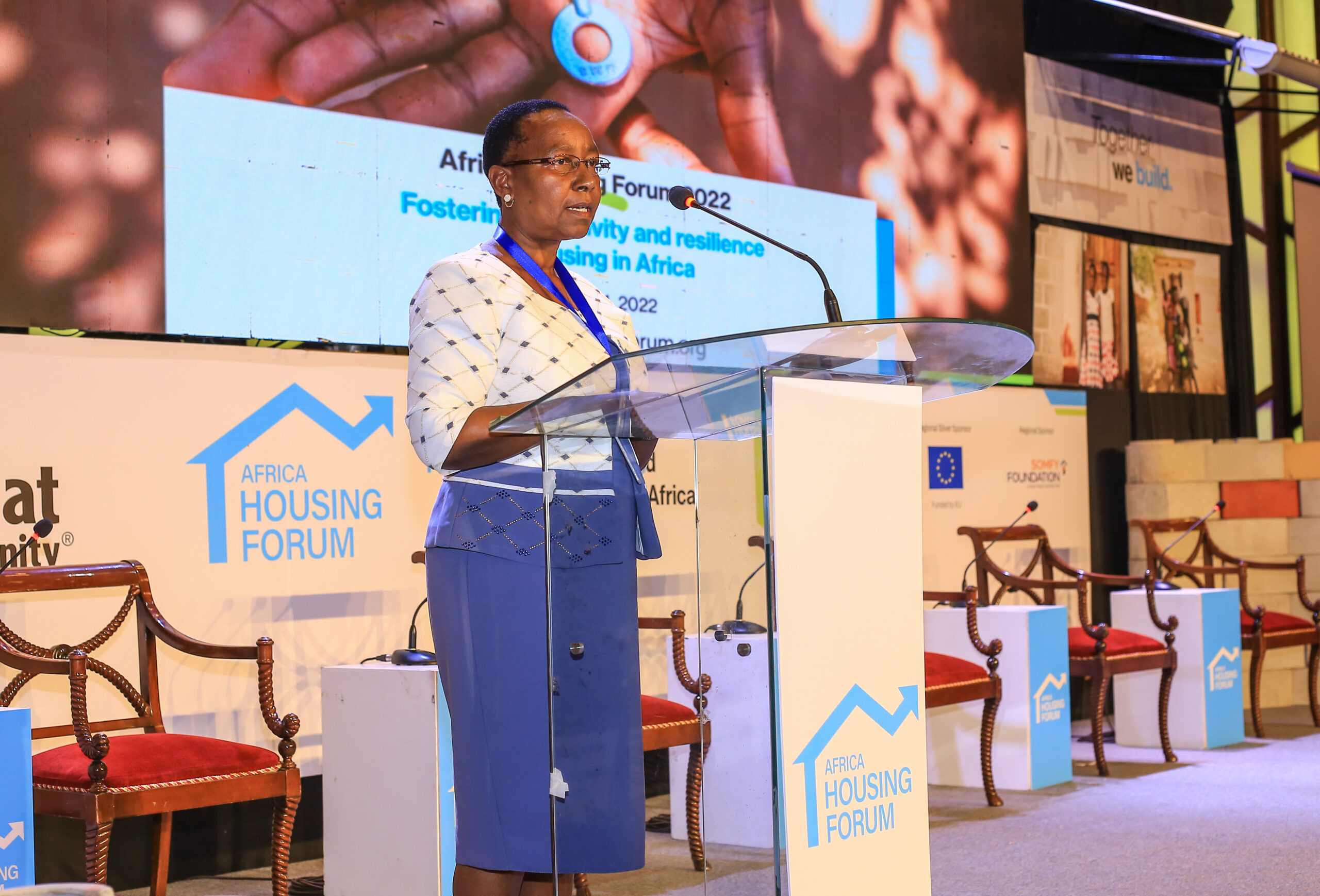Labour Migration can provide a safety valve to reduce the pressures on national labour markets in the African Region.
To harness this employment creation potential through a regular Migration system at the regional level, the seven countries making up the IGAD group (Kenya, Djibouti, Ethiopia, Somalia, Sudan, South Sudan and Uganda) have made commitments to improve Migration governance.
This has been done through the development of appropriate legal and policy frameworks including establishment of a regional free movement regime.
Within the context, the ILO in close collaboration with IGAD is implementing a project titled “Free Movement of Persons and Transhumance in the IGAD Region: Improving Opportunities for Regular Labour Mobility”
It is in this context that media as stakeholders are undergoing a three day training in Djibouti on Communicating and Reporting on Labour Migration in the IGAD Region.
ILO secretariat Ephrem Egnet in his remarks while opening the training noted that media has the capability of informing the general public about labour migration positive impacts, as well as dispelling myths and misconceptions.
“In addition media can also play a positive role in Informing potential migrants and returnees about challenged opportunities across the migration cycle,” he noted.
He added that a well-informed media can positively influenced public opinion and policy making to improve the living and working conditions of migrant workers as well as reap the impact of labour migration on development of countries of origin and countries of destinations.
Kenya is one of the signatories of the protocol on free movement of persons in the IGAD Region, as a member statement.
The member states agreed to reaffirm continued and strong commitment to the implementation of Article 13 13(A)of the Agreement Establishing IGAD.

